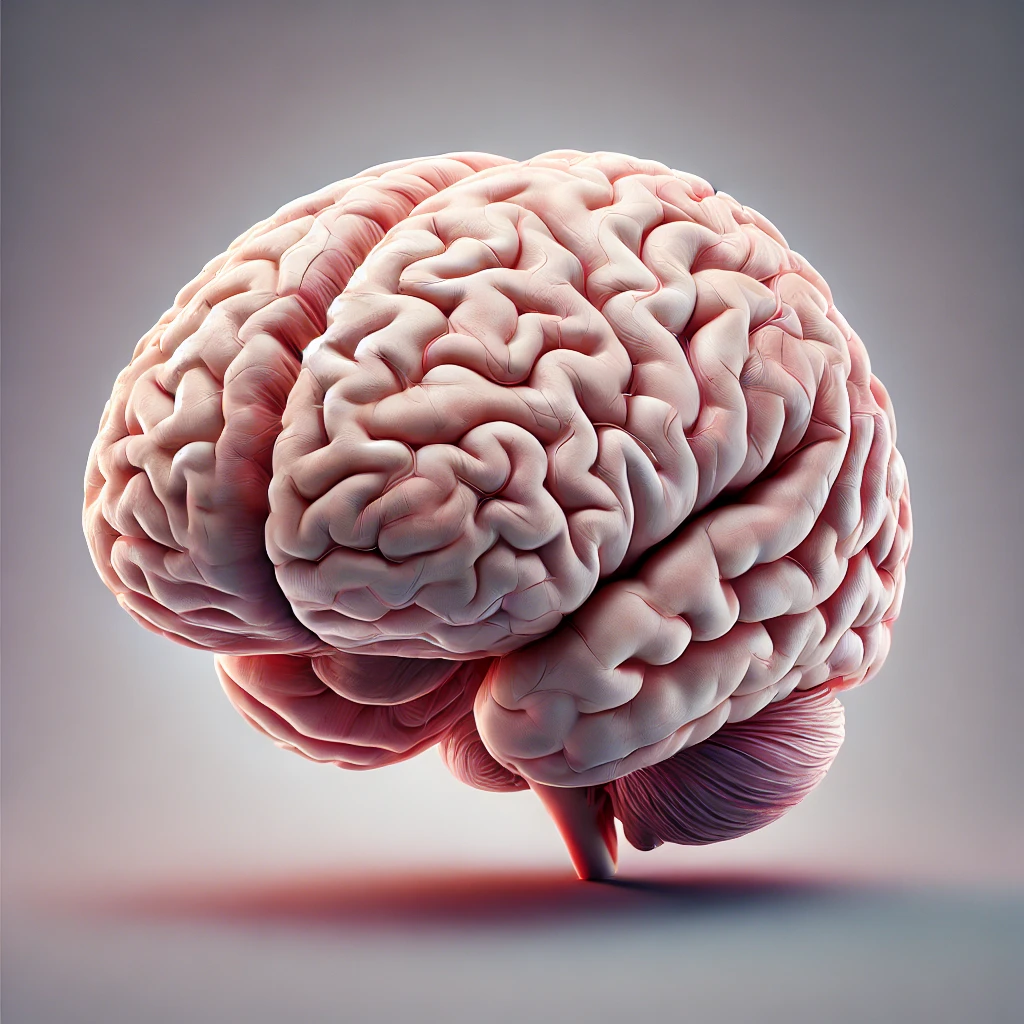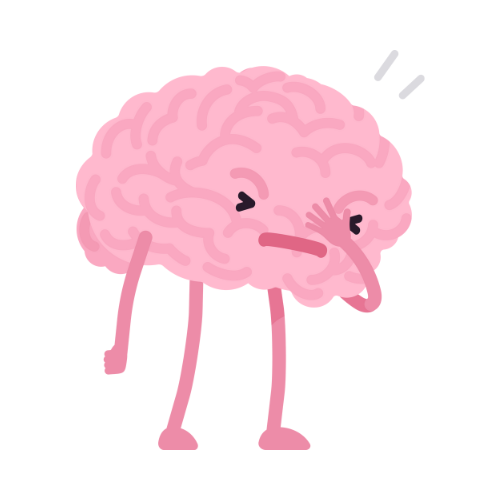
What is Neurodivergent Anxiety?
Understanding Neurodivergent Anxiety: A Guide for Women with ADHD
Do you often find yourself feeling anxious, overwhelmed, or constantly stressed? If you're a woman with ADHD, this might be something called neurodivergent anxiety—a type of anxiety that's different from what neurotypical people experience. Let’s explore how this anxiety shows up, why traditional treatments might not always work, and what strategies can help you manage it better.
What is Neurodivergent Anxiety?
Neurodivergent anxiety is common among people with ADHD, autism, and other neurodivergent traits. Dr. Megan Neff, a neurodivergent audhd psychologist, points to two major factors that contribute to this type of anxiety:
- Genetic Predisposition: Many neurodivergent individuals are more likely to experience anxiety due to their genetic makeup. If anxiety runs in your family, that could be part of the picture.
- Navigating a Neurotypical World: Our world isn’t set up for neurodivergent brains. Facing constant challenges, like adapting to rigid social expectations or environments, can heighten stress and anxiety.

How Does Neurodivergent Anxiety Show Up?
For women with ADHD, anxiety may feel different than what you’ve been told anxiety looks like. Some common triggers include:
- Sensory Overload: Bright lights, loud noises, and crowded spaces can feel overwhelming and trigger intense anxiety.
- Social Challenges: Navigating social interactions can be exhausting. The pressure to read social cues or the fear of being misunderstood can lead to chronic stress.
- Executive Functioning Struggles: Everyday tasks—like organizing, planning, or completing projects—can feel monumental. This ongoing challenge can easily cause anxiety to build up.
These unique experiences create a type of anxiety that neurotypical individuals may not face. It’s not just worrying; it’s anxiety tied to living in a world that doesn’t always accommodate neurodivergent needs.
Why Standard Treatments May Not Work
Standard anxiety treatments often miss the mark for neurodivergent people. Here’s why:
- One-Size-Fits-All Solutions Fall Short: Treatment needs to address specific challenges, like sensory sensitivities or executive dysfunction. A generalized approach usually won’t cut it.
- Adapted Cognitive Behavioral Therapy (CBT): While CBT is a popular treatment for anxiety, traditional CBT focuses mainly on changing thought patterns. However, for neurodivergent people, the problem might not just be thinking—things like remembering tasks or getting organized might need more direct support, such as practical tools or reminders.
- Comprehensive Evaluation: It’s essential to assess both ADHD and anxiety symptoms. By understanding the full picture, treatment can be more targeted, focusing on what’s causing the most distress, like sensory overload or panic attacks.
- Medication Plus Strategy: While medication can be helpful, pairing it with neurodivergent-friendly strategies tends to have the best long-term results.

Practical Ways to Manage Neurodivergent Anxiety
Finding what works for you will likely involve trying different strategies tailored to your needs. Here are some approaches that can help:
- Relaxation Techniques: Deep breathing, progressive muscle relaxation, or using aromatherapy can help soothe both your body and mind when anxiety starts to build.
- Grounding Techniques: When your thoughts spiral, grounding can bring you back to the present. Focus on what you can see, hear, or feel around you to center yourself.
- Executive Functioning Support: Using planners, to-do lists, or phone reminders can help take the pressure off managing daily tasks. This reduces the anxiety that comes from feeling overwhelmed or disorganized.
Key Takeaways
Managing neurodivergent anxiety takes a thoughtful and personalized approach. Here’s how to start:
- Get a Comprehensive Evaluation: Make sure both your ADHD and anxiety are fully assessed so you understand the root causes of your struggles.
- Address the Biggest Issue First: Whether it’s panic attacks or sensory sensitivities, focusing on the most intense symptoms will provide the quickest relief.
- Use Tailored Strategies: Neurodivergent brains need neurodivergent-friendly solutions. Don’t settle for treatments that don’t work for your specific needs.
Moving Forward with Confidence
If you’re a woman with ADHD, your experience with neurodivergent anxiety is real and valid. By using the right tools and support systems, you can take steps to manage it and regain control. Research-backed approaches that acknowledge your neurodivergent strengths and challenges will lead to better results. Understanding yourself is key to reducing anxiety and improving your overall quality of life.
You don’t have to go through this alone. The right support can make a world of difference in how you manage and thrive.
Other resources





